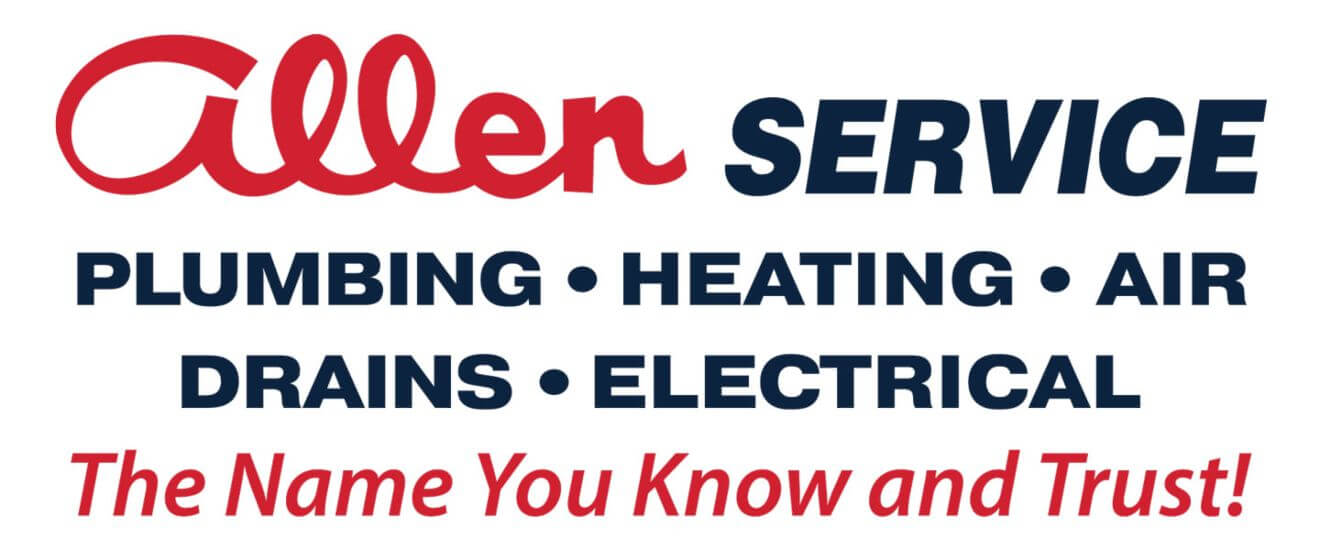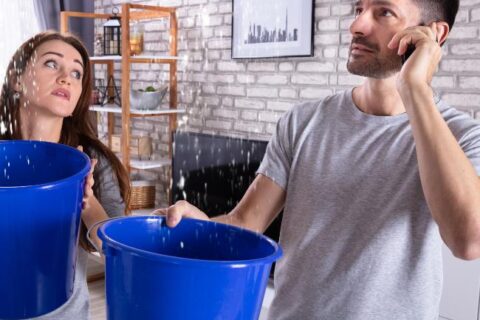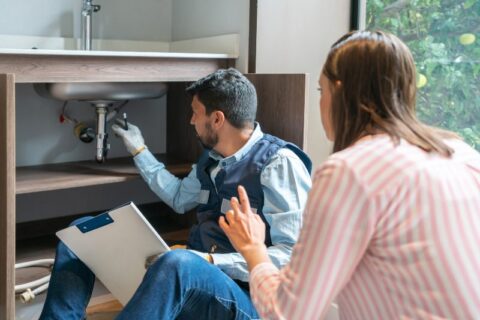Tips on Preparing Your Plumbing for a Colorado Winter
As winter approaches, most Colorado homeowners start taking a few steps to get ready for the cold weather. Gutters need cleaning and leaves must be raked. Pipes will also require insulating. But the most important step is preparing your plumbing for a Colorado winter. Here is how you can protect your home from cold weather damage.
Most homeowners may start by setting the air conditioner to heat mode without thinking twice about it. But before you do this, you should make sure the unit is inspected by a Fort Collins HVAC installation technician. This specialist will find out whether the AC unit has any issues before it is switched on. Fall is the best time of the year to inspect a furnace and repair it, if necessary.
Dirty or clogged up filters are the most common troubleshooting problems with furnaces. They require regular maintenance as they can cause the heater to function insufficiently. As a homeowner, you are responsible for replacing furnace filters on a regular basis. As a rule of thumb, consider cleaning them every three months or so, depending on how dirty they have become.
A clean filter will prevent dust from entering into the ventilation system. Unfortunately, many homeowners fail to maintain their furnaces on a regular basis, hence the reason they require serious repairs. If it is time to replace the old furnace with a new energy efficient unit, you should contact an experienced plumber in Fort Collins.
To prevent freezing pipes, the plumber will also advise on adding insulation to all the water supply lines around the house. This specialist will look in the basement, garage, attic, and any other place that may contain hot and cold water pipes. Remember that if any of the pipes burst due to the cold weather, they can end up costing you a lot of money to replace.
In addition to adding insulation to the pipes, it is important to let the water drip during freezing temperatures. By doing this, you will help prevent the pipes from freezing or bursting. This is because the running water will provide relief from excessive pressure buildup when the pipe starts to freeze.
As you will not be using the sprinkler system during winter, it is best to drain the water out and keep the pipes empty. To do this, you can just shut off the main valve and let the water run until it stops running. Another very important unit that needs protecting is the water heater. Although during the warmer months of the year, it can run optimally, in winter, the water heater can experience many problems.
A skilled plumber will service the heater by checking its components and replace the corroded parts. The water temperature of the heater must also not be set any higher than 125 degrees Fahrenheit. This is the best way to reduce energy consumption and prevent water scalding. To find out whether there are any other preparations you need to do before winter, talk to a local plumber in Colorado today.


